Résultats de la recherche pour : Marc Mayer
Revue de presse, 23 septembre
Voyage papal aux USA et à Cuba
"Difficile pour un Américain d'ignorer que le pape François devait arriver mardi en fin de journée à Washington pour son tout premier séjour aux Etats-Unis. Les médias analysent et commentent à l'envi cette visite depuis des semaines, tandis que des mesures de sécurité sans précédent sont prises tout au long de son parcours" — L'Amérique au rythme du pape François (Philippe Paquet et Stéphanie Fontenoy, La Libre)
"Le pape François est arrivé mardi 22 septembre aux Etats-Unis où il effectue une visite historique de six jours. Venu de Cuba, il a été accueilli à Washington par le président américain, Barack Obama, et toute sa famille, à l'Andrews Air Force Base" — Arrivée du pape François pour sa première visite aux Etats-Unis (AFP, Le Monde)
Le pape François chez les Vaudois
A la fin du mois de juin, la presse italienne a abondamment relayé la visite du pape François aux Vaudois de Turin. La « Chiesa valdese », l’Eglise vaudoise, constitue en effet une importante minorité chrétienne en Italie. Elle est la plus anciennement ancrée dans le pays et constitue une sérieuse concurrente pour l’Eglise catholique dans le domaine des recettes fiscales. Par sa présence et par ses paroles réconciliatrices, François a pris ses distances avec plusieurs siècles d’opposition et de persécution à l’égard des Vaudois. Sa visite au temple de Turin s’inscrit dans une politique plus large d’ouverture à l’égard des communautés protestantes, surtout à l’égard de celles qui se distinguent par leur fort engagement social.
Revue de presse, 22 septembre
Voyage papal à Cuba et aux USA
"Le pape François a poursuivi lundi son périple à Cuba en se rendant à Holguin, un des foyers les plus anciens du christianisme dans cette île, où il a exalté les 'efforts' et les 'sacrifices' de l'Eglise dans une société cubaine en pleine transition" — Le pape François loue les "sacrifices" de l'Eglise à Cuba (AFP, La Libre)
"Le pape François achèvera mardi 22 septembre sa visite à Cuba dans la deuxième ville du pays, Santiago, après une étape la veille à Holguin. Aux jeunes rencontrés avant de quitter la capitale, il a adressé une invitation à construire une société ouverte aux différences" — À Cuba, le pape invite à « accepter de penser différemment » (Sébastien Maillard, La Croix)
Revue de presse, 18 septembre
Cameroun
"L'image de havre de paix dans une région en proie aux conflits dont bénéficiait le Cameroun a volé en éclats depuis l'irruption de Boko Haram en 2013 au nord du pays. Ce mouvement, devenu l'Etat islamique en Afrique de l'Ouest en mars 2015, revendique son affiliation à Daech. Néanmoins, l'apparition brutale et sanglante de ce djihadisme africain est moins liée à l'essor de Daech en Irak et en Syrie qu'aux bouleversements du paysage religieux de l'Afrique en général et du Cameroun en particulier" — Cameroun : au-delà de Boko Haram, la menace insidieuse du radicalisme religieux (Hans de Marie Heungoup, Le Monde)
"Une scène d'effroi succède à une autre, toujours plus sanglante. L'extrême nord du Cameroun vit au rythme des attaques de la secte islamiste nigériane Boko Haram depuis plus d'un an" — La réaction « brutale » de l'armée camerounaise face à Boko Haram inquiète les experts (Raoul Mbog, Le Monde)
Revue de presse, 11 septembre
Arabie Saoudite
"Les Saoudiens ont monté une expédition militaire pour faire le ménage dans leur arrière-cour. Objectif : chasser, à n'importe quel prix, les chiites" — Arabie-Iran : le champ de bataille yéménite (Pierre Beyleau, Le Point)
"L'Arabie saoudite a interdit la diffusion du numéro d'août du magazine National Geographic, dont la photo de couverture montrait le pape François debout, au seuil de la Chapelle Sixtine du Vatican, rapporte le bimestriel américain Foreign Policy (FP), mardi 8 septembre" — Le pape en couverture de National Geographic censuré en Arabie saoudite (C.C. avec FP, La Croix)
Revue de presse, 10 septembre
Cameroun
"Dans un rapport paru le 3 septembre dernier, International Crisis Group (ICG) tire la sonnette d'alarme sur deux mouvements religieux qui menacent la paix et la stabilité au Cameroun" — Religion: La stabilité du Cameroun menacée par l'islam radical et certaines églises réveillées selon International Crisis Group (Patrick Dongo, Cameroon-Info)
France
"L'Association des maires des grandes villes de France se dit prête à accueillir des migrants. Son président précise que la démarche est 'non politicienne'" — Les grandes villes accueilleront des migrants "sans distinction" (AFP, Le Point)
France
France is usually thought of as the embodiment of laïcité (secularism). However, the struggle to both reach a generally accepted understanding of it, and to implement it, is ongoing. The immediate past has highlighted tensions due to religious beliefs and practices in French society, whereas recent social and religious evolutions also have an impact on laïcité. Laïcité is nowadays an important topic in French public debate: according to the catalogue of the Bibliothèque nationale de France, in 2014 no less than 11 books contained the word in their title, whereas newspaper Le Monde recently also dedicated a newsletter to it. Another illustration of this reality is the formation, by the government, of a monitoring group on secularity, the Observatoire de la Laïcité, which was created in 2007 by president Jacques Chirac and fully set up in 2013 by president François Hollande and prime minister Jean-Marc Ayrault. The aim of this monitoring group is to advise and assist the government in ensuring respect of the principle of laïcité. In July 2014, the Group issued a short note entitled La laïcité aujourd’hui (Secularism today), recalling the historical roots and meaning of secularism and developing ways of implementing it in contemporary society. This reflects the current struggle to reach a balance between promotion of secularism and respect of religious freedom.
Germany
For some decades now, the nature of the relations between politics and religion in Germany has been the subject of profound mutations that are linked to secularization, to the growing importance of the so-called Konfessionslose, to religious individualization and pluralization and, most importantly, to the ever increasing presence of Islam. These evolutions, which tend to question the bi-confessional protestant-catholic balance that has for long been considered an essential dimension of German collective identity, shake up the representations of a society that has difficulties imagining pluralism and confessional neutrality without any reference to Christianity. Thus public authorities have to find political and legal means of reconciling the protection of freedom of conscience and religion, the principle of State neutrality, and equal treatment of all religious communities.
Ireland
While Ireland remains a predominantly Catholic society, in recent years the Church has experienced a notable erosion in its authority and power. At the same time, other faiths are growing, and the number of atheists and agnostics is increasing steadily. Ireland is a majority Catholic society. According to the 2011 census, about 84 per cent of the population self-identify as Roman Catholic. At the same time, the Irish religious landscape exhibits considerable diversity. The Orthodox, Hindu, and Pentecostal faiths are the country’s three fastest growing non-Catholic religious traditions. The number of atheists and agnostics has grown by about 320 and 130 per cent respectively in the 2006-2011 span (All-Island Research Observatory (AIRO), PDR Table 35: Percentage and Actual Change in Population by Sex, Religion, Census Year, and Statistic).
Italy
Laicity is the supreme constitutional principle of the Italian Republic. The Constitution is inspired by ‘secular’ values such as equality before the law without religious distinction, equal religious liberty for all confessions, Church-State separation, the organisation of bilateral relations between the different denominations, and the prohibition of discrimination between worship and religious associations. The Constitution also recognises the specific contribution of the religious factor and encourages its realisation, because it contributes to the spiritual progress of the country and to the development of individuals’ personalities. Nonetheless, experience shows that the constitutional project has not yet been fully realised due to a combination of juridical, historical, social and political factors.





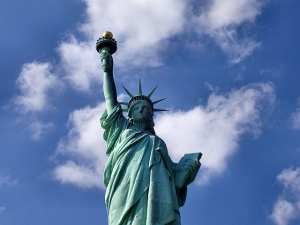
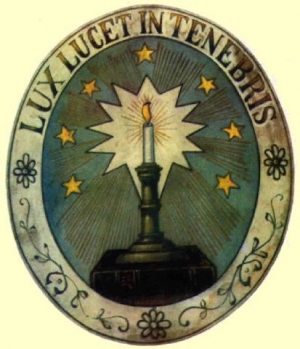
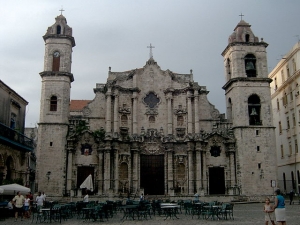
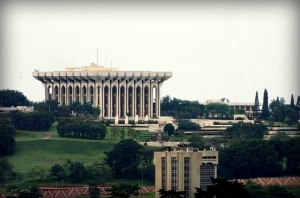
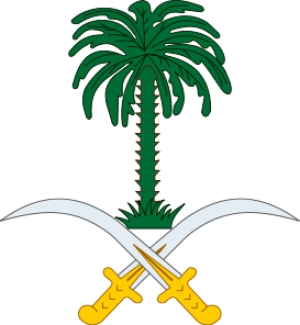
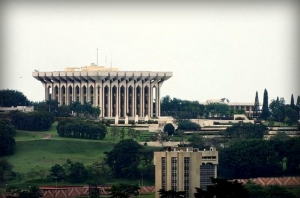
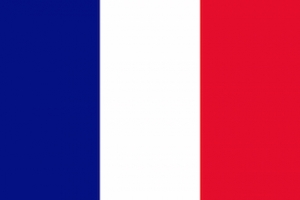
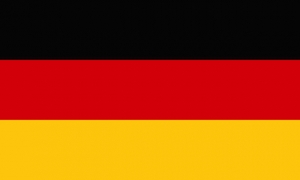
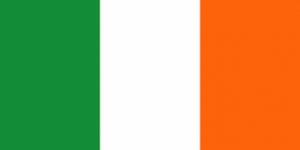
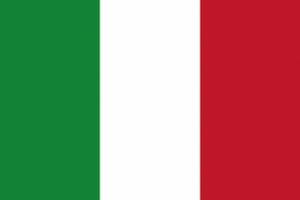
 MangoGem
MangoGem